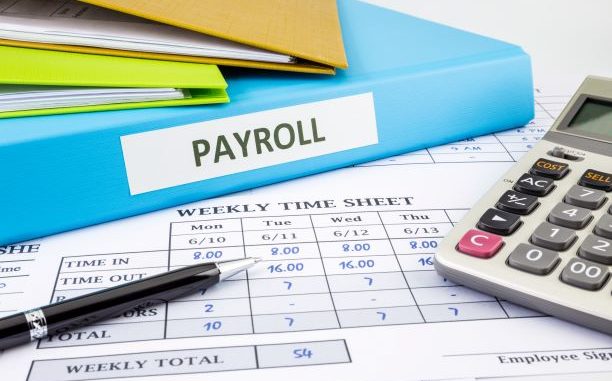
When it comes to managing your bookkeeping, one of the biggest monthly deductions you will need to record is your company payroll. Not only do you need to ensure your cash flow facilitates the paying of your employees, but you’ll also need to make sure it’s done accurately and in a timely fashion too. This is especially the case given it’s not just your employees who will need to see a slice of the money. Find a Bookkeeper near me.
Here are our top tips on how to do payroll to tell you everything you need to know.
Gross Pay
Gross pay is the amount you start with before any deductions have been made. The average salary in the UK is £29,600 per year. The gross salary is what the position will be advertised as paying or what was agreed following the job interview. Yet this figure is not the actual take home pay, which you are legally required to make deductions from if the employee is expected to exceed their personal allowance. Plus, you’ll need to deduct the likes of pension contributions too.
Pre Tax Deductions
The pre-tax deductions include the employer portion of the national insurance. The amount you will need to deduct depends on how much the employee earns. There is also a scheme called The Employment Allowance which allows businesses to reduce the amount of national insurance they pay. From April 2020, businesses who pay less than £100,000 a year in national insurance contributions are eligible for the scheme.
Other pre-tax deductions include the employee portion of pension contributions and student loan contributions. The amount you will need to deduct for student loans depends on whether the employee is on Plan 1 or Plan 2.
Tax Deductions
Next, you’ll need to deduct income tax which all employees who earn above £12,500 a year need to pay. For incomes between £12,501 and £50,000, the amount is 20%. This rises to 40% for earnings between £50,001 and £150,000. The top income tax tier is 45% and applies to anyone who earns £150,001 or above.
Tax will also need to be deducted on any applicable benefits the employee receives.
Post Tax Deductions
Post-tax deductions include child support payments, which employees with children under 20 may be required to pay, depending on their personal circumstances. To help manage your accounts, you could looking into hiring a local accountant.
Net Pay
The net pay is what you will pay your employee directly. This is the figure that will be left once all of the above deductions have been taken into account.
Costs To Employer
The additional costs to you as an employer include the employer portion of both national insurance and pension contributions.
Top Tips
There are many elements which make up your payroll, which is why it pays to be organised with your bookkeeping. If you’re unsure, you should hire a bookkeeper to record all of the information and ensure all the amounts have been paid correctly.
Be sure to remain organised when paying your employees, as this could lead to job dissatisfaction if wages are late or incorrect.
To Sum Up
While the exact amount you need to pay will differ for each employee, the above should give you a great starting point on what you’ll need to factor in. Completing your payroll can feel like a chore, but by doing so in an orderly and timely manner, you’ll remain on good terms with both your employees and HMRC.